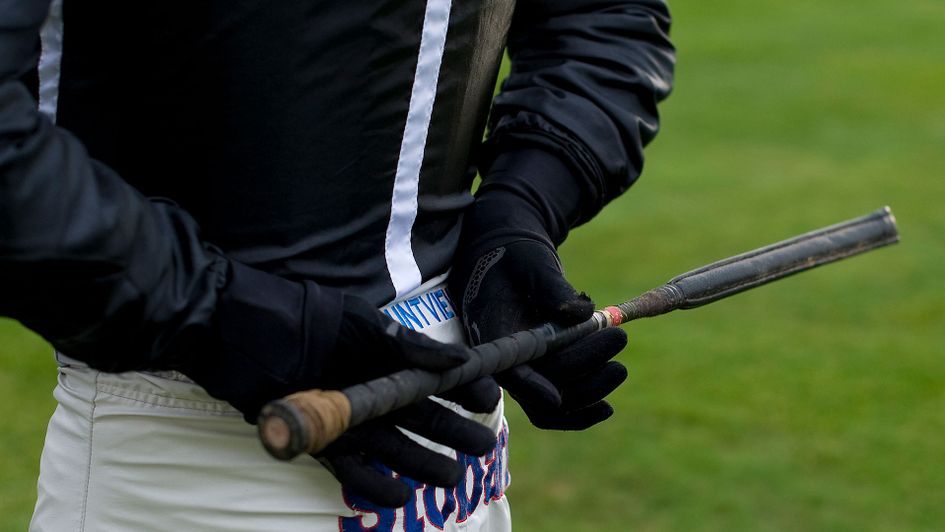
New whip rules: What you need to know
We try to answer some of the key questions following the announcement of an overhaul of the whip rules.
The British Horseracing Authority has announced an overhaul of whip rules, with disqualification now a possibility for winners whose riders have severely contravened the revised regulations, with its use also restricted to the backhand position.
A review of the current restrictions, which was published on Tuesday, outlines a series of recommendations regarding rules, guidelines, penalties and procedures related to the use of the whip, following a public consultation and input from different areas of the racing industry.
Here, we look at the issues surrounding the whip and the imminent changes to the rules:
What are the current rules?
A jockey may strike their mount up to seven times at any stage on the Flat and eight times over jumps, with those thresholds triggering an stewards’ inquiry to assess the ride. There are also rules on how the whip can be used, with riders allowed to strike on a horse’s hindquarters and down the shoulder in a backhand position, but they must not use excessive force, use the whip over shoulder height or when the horse is either clearly winning or has no chance.
When were the rules last changed?
Regulations were last reviewed in 2011, resulting in then Flat jockey Richard Hughes temporarily handing in his licence in protest after receiving two suspensions in three days, while fellow rider Christophe Soumillon had to forfeit his £50,000 cut of the prize money after going one stroke over the limit of five in the final furlong of the Champion Stakes. The BHA adjusted its rules a short while later, changing the limits to current levels and removing the penalty forcing a rider to surrender their winning percentage for a breach.
So what is due to change?
Today’s biggest change is introducing the possibility of disqualification for severe breaches of the rules. The permitted level for use of the whip will remain at seven on the Flat and eight over jumps, but as well as increased penalties, disqualification of a horse will be introduced where there has been a “clear and flagrant disregard for the rules”, which in numbers terms means when the whip is used four or more times above the permitted level. Another significant change is that the use of the whip for encouragement will be limited to the backhand position only.
When will it change?
Exact details of when the proposed changes will come into force will be fleshed out as part of the development and implementation plan, which will be informed by technical discussions with jockeys. A suitable period will be included for training, with the current ambition that the new rules will come into effect in the late autumn.
Who has has put forward the recommendations?
The Whip Consultation Steering Group has been in charge of assessing the issue, taking into account the results of a public consultation as well as the views across the racing industry. The 15-strong group has a mix of names, with trainers John Gosden and Henry Daly plus jockeys PJ McDonald and Tom Scudamore featuring along with the likes of TV presenter Nick Luck, owner Ceila Djivanovic, plus MP Dr Neil Hudson and Baroness Hayman from the House of Lords.
And what do the trainers and jockeys think?
As current Joint President of the Professional Jockeys Association, PJ McDonald, along with senior weighing room member Tom Scudamore, said while they would need time to adapt to the new rules, in particular only using the whip in the backhand position, they and their colleagues realised that change needed to happen with Scudamore hoping it would lead to “visibly improved racing” while McDonald hoped that the new disqualification penalty will rarely, if ever, be used.
What is the BHA’s aim in changing the rules?
Whip offences have been on an overall downward trend since 2010, but racing’s rulers hope the changes will lessen a “win at all costs” attitude in major races and remove the temptation to break the rules in search of victory.